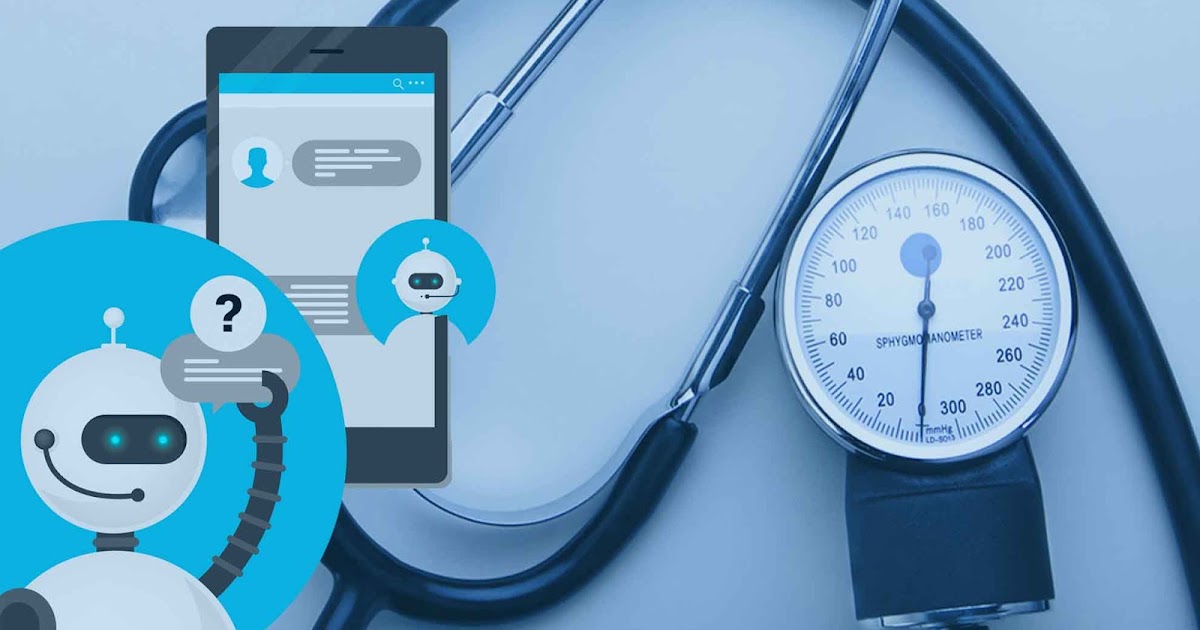Healthcare chatbots are AI-powered conversational agents that utilize natural language processing techniques to analyze patients’ needs and offer helpful information to improve their care experiences. By integrating with existing clinical systems and medical records, chatbots can provide personalized care recommendations for common ailments and help manage chronic conditions from the comfort of patients’ homes. The global Healthcare Chatbots Market is estimated to be valued at US$ 230 Mn in 2023 and is expected to exhibit a CAGR of 7.0% over the forecast period 2023 to 2030, as highlighted in a new report published by Coherent Market Insights.
Advanced artificial intelligence technologies: The growing adoption of advanced AI technologies such as machine learning and deep learning is fueling the development of more intelligent healthcare chatbots that can mimic human conversations. These chatbots are being trained on vast amounts of medical data to enhance their self-learning capabilities and assist patients more effectively. For instance, Anthropic’s healthcare chatbot employs a technique called Constitutional AI that allows it to continually learn from new conversations to improve its responses over time. as the AI technology improves, chatbots will be able to offer more personalized recommendations based on a patient’s complete medical history and family risks.
Personalized care and chronic disease management: Leading healthcare providers are focusing on developing specialized chatbots equipped with patient health records and clinical decision support tools. These chatbots can personalize care plans for individuals suffering from chronic conditions like diabetes, hypertension, asthma etc. based on their lifestyle patterns, medication adherence and other risk factors. They improve care continuity and management of chronic diseases from remote locations through virtual consultations, symptom monitoring, medication reminders and other supportive activities. This trend is expected to drive greater adoption of chatbots for long-term care.
SWOT Analysis
Strength: Healthcare chatbots provide 24/7 access to medical information and help address common concerns from patients to reduce strain on healthcare resources. They are cost-effective solutions compared to hiring additional human staff.
Weakness: While the technology is advancing, chatbots still have limitations in completely understanding complex medical issues and human language. Data privacy and security is also a key concern for sensitive healthcare information.
Opportunity: The rising costs of healthcare and shortage of medical professionals is driving greater adoption of chatbots and virtual assistants. Expanding to new use cases like remote patient monitoring presents significant growth opportunities.
Threats: Slow pace of changing regulations could hamper wider integration of chatbots into clinical workflows. Competing technologies like voice assistants may impact future demand if they are better suited for certain healthcare applications.
Key Takeaways
Global Healthcare Chatbots Market Size is expected to witness high growth over the forecast period supported by the growing need to improve access and efficiency of healthcare services.
Regional analysis indicates that Asia Pacific is projected to experience the fastest growth through 2030. This can be attributed to rising healthcare costs, increasing internet penetration, and government initiatives to promote digital healthcare in countries like India and China. Countries like Japan and South Korea also have advanced healthcare infrastructures conducive to the integration of chatbot technologies.
Key players operating in the Healthcare Chatbots market are Ironscales, Cofense (PhishMe), Infosec Institute, KnowBe4, PhishLabs, Wombat Security Technologies, Barracuda Networks, Mimecast, Proofpoint, CyberFish, DataEndure, FireEye, Smooth Phish, Votiro, XM Cyber, Lucidworks, Digital Defense, Getlabs, Avanan, Greathorn. Major players are focusing on developing capabilities for clinical workflows, population health management, and remote patient monitoring to expand market share. Partnerships with health systems and insurers are also crucial for establishing chatbots as part of care delivery models.
*Note:
1. Source: Coherent Market Insights, Public sources, Desk research
2. We have leveraged AI tools to mine information and compile it


